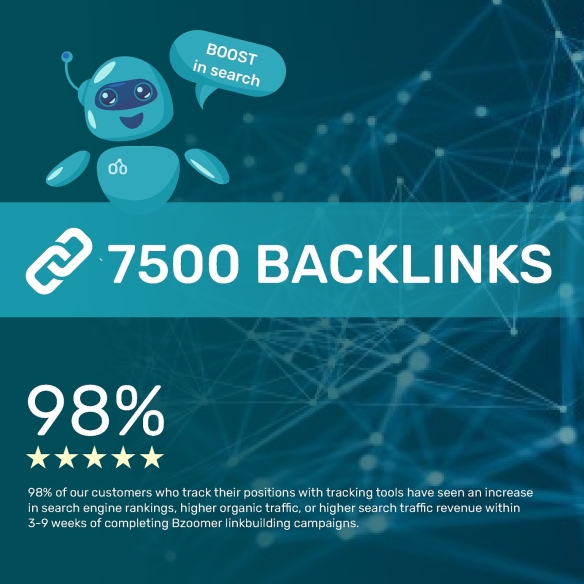In an age where access to clean water is increasingly crucial, the term "pure water system" holds particular importance. With growing concerns about water contamination, many households and industries are turning to specialized systems designed to filter and purify water. But what exactly are these systems, and why are they essential in today’s world? In this article, we will explore the concept of pure water systems, their types, and their benefits in providing safe, reliable water.
What is a Pure Water System?
A pure water system refers to any system designed to remove contaminants, chemicals, and impurities from water, ensuring its safety for human consumption or industrial use. These systems utilize a combination of filtration, purification, and sometimes sterilization methods to achieve high water quality. Pure water systems are essential in various settings, from residential homes to industries such as pharmaceuticals, food and beverage production, and electronics manufacturing.
How Do Pure Water Systems Work?
The process of purifying water involves multiple stages, depending on the complexity of the system and the desired quality of the water. Below are some of the common techniques employed by pure water systems:
-
Filtration: This basic step removes physical contaminants like sediments, dirt, rust, and large particles from water. Filters typically consist of activated carbon, ceramic, or mesh materials.
-
Reverse Osmosis (RO): RO is a widely used technique in pure water systems, especially for residential and industrial applications. It uses a semi-permeable membrane to separate water from dissolved solids and impurities such as salts, bacteria, and heavy metals.
-
Ultraviolet (UV) Treatment: This method involves using UV light to kill or deactivate harmful microorganisms such as bacteria, viruses, and protozoa without adding chemicals to the water. It’s often combined with other filtration methods for optimal results.
-
Deionization: Deionization, or ion exchange, removes ions from water, producing highly pure water free from minerals, salts, and metals. It’s commonly used in laboratories and industries where water conductivity must be minimal.
-
Distillation: Although less common in residential systems due to its energy demands, distillation involves boiling water to produce steam, leaving behind contaminants. The steam is then condensed back into pure water.
Types of Pure Water Systems
There are several types of pure water systems, each catering to different needs. Here are the most popular ones:
-
Home Water Purifiers: These systems are designed for personal use, ensuring that household water is safe for drinking, cooking, and bathing. They typically feature multi-stage filtration and RO units, making them effective against a wide range of contaminants.
-
Industrial Water Purification Systems: Industries like pharmaceuticals, food production, and chemical manufacturing often require high levels of water purity. These systems are built to handle large volumes of water and are designed with advanced technologies like multi-pass RO, UV treatment, and deionization.
-
Portable Water Purification Devices: Ideal for outdoor enthusiasts, campers, or those in emergency situations, portable purifiers use filters and UV sterilization to make unsafe water sources potable on the go.
-
Commercial Water Purification Systems: Businesses such as restaurants, cafes, and hospitals use commercial systems to ensure they provide safe water to their customers and staff. These systems are typically larger than home systems but not as complex as industrial ones.
Benefits of Using Pure Water Systems
The installation of pure water systems comes with multiple benefits, making them an invaluable investment for health, efficiency, and sustainability:
-
Health Benefits: Pure water is free from harmful pathogens, chemicals, heavy metals, and contaminants. Regular consumption of pure water helps prevent waterborne diseases, improve digestion, boost skin health, and maintain overall well-being.
-
Improved Taste and Smell: Pure water systems remove chlorine, sulfur, and other chemicals that can give water an unpleasant taste or odor. This leads to better-tasting water, enhancing the flavor of beverages and meals.
-
Cost Savings: Installing a home water purifier can reduce the reliance on bottled water, which is not only expensive but also contributes to plastic waste. Over time, pure water systems pay for themselves by eliminating the need to buy clean water.
-
Environmental Impact: By reducing the need for bottled water and minimizing chemical use in water treatment processes, pure water systems contribute to a more sustainable, eco-friendly environment.
-
Industrial Efficiency: For industries, high-purity water is essential for the efficient operation of equipment and maintaining product quality. Impurities in water can cause scaling, corrosion, and equipment failure, leading to costly maintenance and downtime.
Pure water systems have become a vital part of modern life, helping individuals and businesses access clean, safe water. Whether you're looking to improve the quality of your drinking water at home or ensure that your industry operates with the highest standards of water purity, investing in a reliable pure water system is a smart choice. Not only do these systems protect your health, but they also support sustainability, cost-efficiency, and overall well-being.


